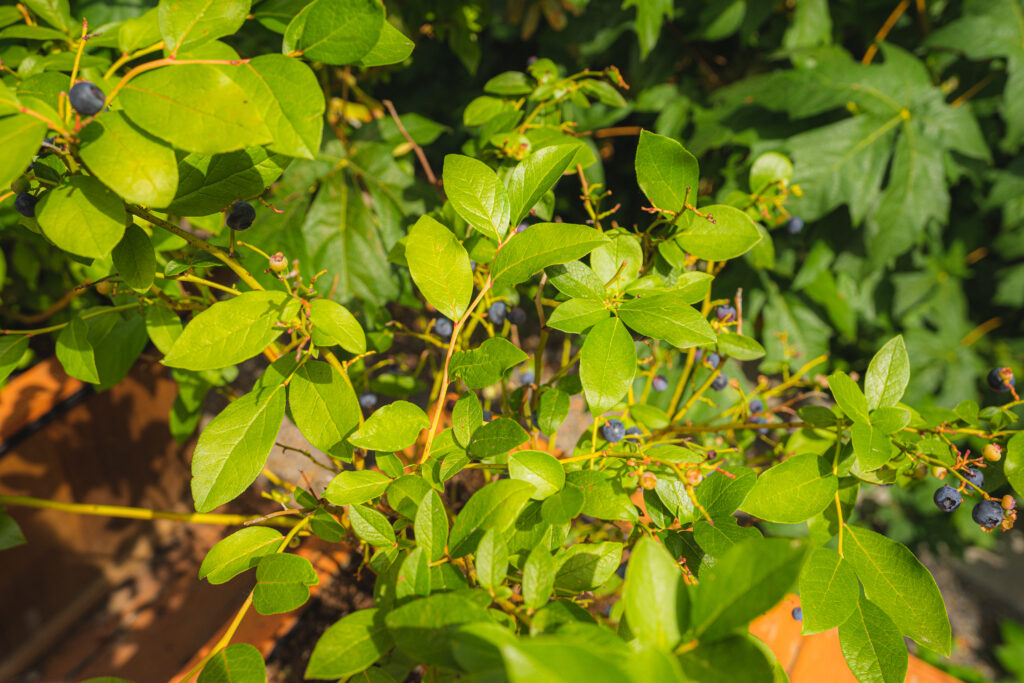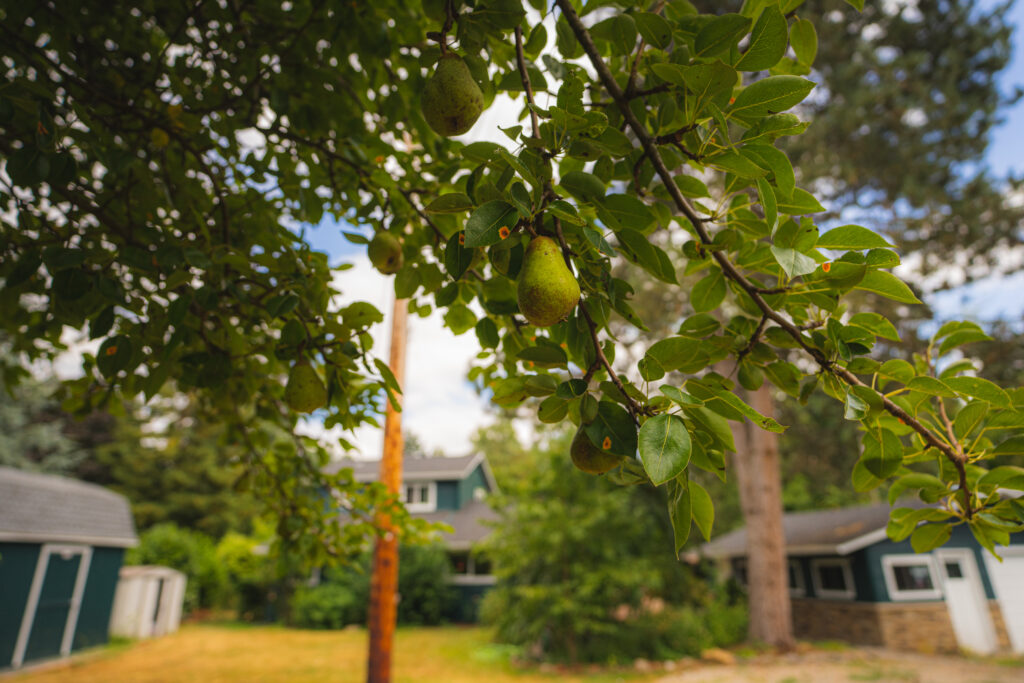Love In Action
Spring 2023

A friend recently invited me to join him at the Arlene Schnitzer concert hall in Portland for a performance by the Oregon Symphony, where we were treated to Beethoven’s Piano Concerto No 5 and Symphony No 2. What an immersive experience! From our seats in the front row of the Orchestra section (A7 and A8), we didn’t so much listen to the music as absorb it with our bodies.
I am only an occasional listener of classical music, but I’ve come to appreciate it as one of the jewels of Western civilization – a gift from the West to the world. As Japan has given the world haiku poetry and bizen pottery, India ayurveda medicine and countless spiritual geniuses, so the West has given us Mozart, Vivaldi, and Beethoven. To listen to a live performance of Beethoven is to step out of this world and, for a moment, step into eternity. It is a sacrament.
I write often in these missives of the injustices that plague our world, and indeed they are important to recognize, and to resist. Yet, along with Catholic Worker co-founder Dorothy Day, I also believe that “the world will be saved by beauty.” In the end, perhaps it is not the astute social critique that will save us, but the symphony.
To see beauty in the world is essentially a contemplative act. It is also our daily task at Dandelion House. Walter Burghardt, S.J., defined contemplation as a “long, loving look at the real.” So often an initial look at “the real” seems to reveal only the brokenness we see around us – addiction, houselessness, desperation in our neighbors’ eyes. How, then, do we see beyond that? What is the kind of “long, loving look” that enables us to see hidden beauty? Is there a really real beneath it all, and is it, in fact, beautiful?
In my experience, the kind of contemplation that yields a glimpse of beauty is relentlessly active. In Dostoevsky’s classic, The Brothers Karamazov, an old widow comes to seek the advice of the elder Fr. Zosima. She is in despair, having lost her faith. Hear Fr. Zosima’s response:
One cannot prove anything here, but it is possible to be convinced… by the experience of
~The Brothers Karamazov Book II ch. 4
active love. Try to love your neighbors actively and tirelessly. The more you succeed in loving,
the more you’ll be convinced of the existence of God and the immortality of your soul. And if
you reach complete selflessness in the love of your neighbor, then undoubtedly you will
believe, and no doubt will even be able to enter your soul. This has been tested. It is certain.
Here, Fr. Zosima speaks of faith, but the same can be said of beauty and of hope. One cannot prove that the world is beautiful, nor that our hopes will not ultimately be dashed. But it is possible to be convinced… by the experience of active love. Active love – that is the essence of a contemplation that permits us to see the really real, the beauty beneath the brokenness.
As we gather with our guests for community dinner, celebrate landing a job or reconnecting with children, sit with their shame as they recount a relapse into drug use, or even ask them to leave after one too many transgressions of community agreements, our task is unchanged: to love, to see the really real, to live our conviction that the world is beautiful.

Measured against the standards of a society that wants to see impact, progress, and effectiveness, Dandelion House is decidedly unsuccessful – none of our three guests so far have successfully transitioned into permanent housing. We are, perhaps, just as ineffective at resolving homelessness as a night at the symphony. Yet, if I’ve learned anything in my twelve years in and around the Catholic Worker movement, it is this: that love given and received is never wasted, even if its immediate impact cannot be measured. We are a house of hospitality, and what we offer is love, that is, a safe place where people are seen and heard, and their beauty recognized. The rest is out of our hands.
And so, I invite you to practice a long, loving look at the real. Listen to Beethoven. Let your spirit soar. Know in your bones the beauty and creativity we are capable of. Then, begin the task of daily, active love, towards whomever happens to be in your life. This way has been tested. It is certain.
